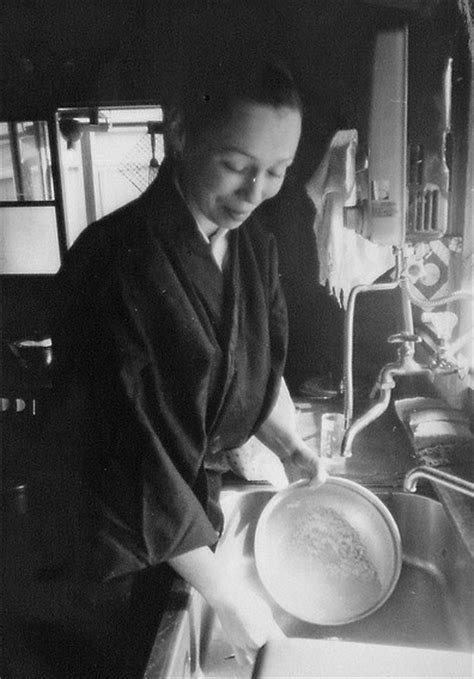A Quote by Ikkyu
Don't read the sutras - practice meditation. Don't take up the broom - practice meditation. Don't plant tea seeds - practice meditation.
Related Quotes
Meditation practice is like piano scales, basketball drills, ballroom dance class. Practice requires discipline; it can be tedious; it is necessary. After you have practiced enough, you become more skilled at the art form itself. You do not practice to become a great scale player or drill champion. You practice to become a musician or athlete. Likewise, one does not practice meditation to become a great meditator. We meditate to wake up and live, to become skilled at the art of living.
We should be able to bring the practice of meditation hall into our daily lives. We need to discuss among ourselves how to do it. Do you practice breathing between phone calls? Do you practice smiling while cutting carrots? Do you practice relaxation after hard hours of work? These are practical questions. If you know how to apply meditation to dinner time, leisure time, sleeping time, it will penetrate your daily life, and it will also have a tremendous effect on social concerns.























